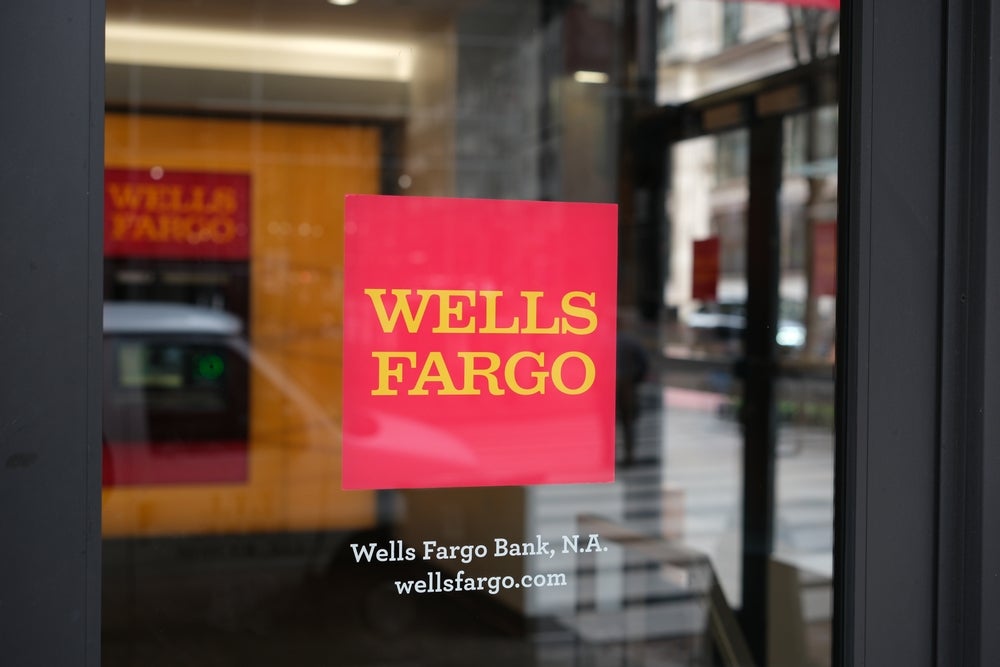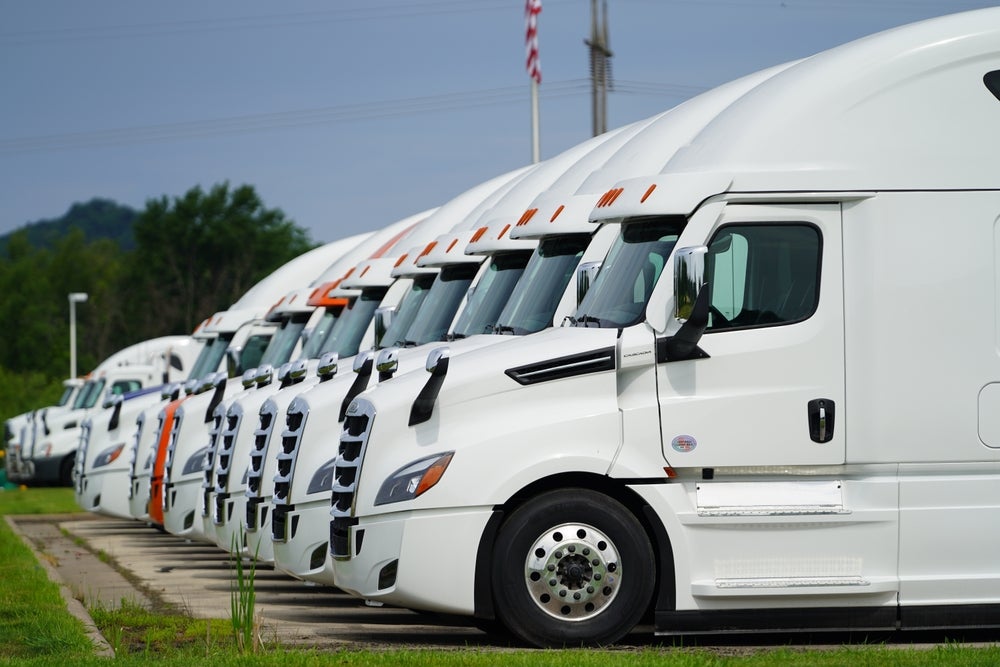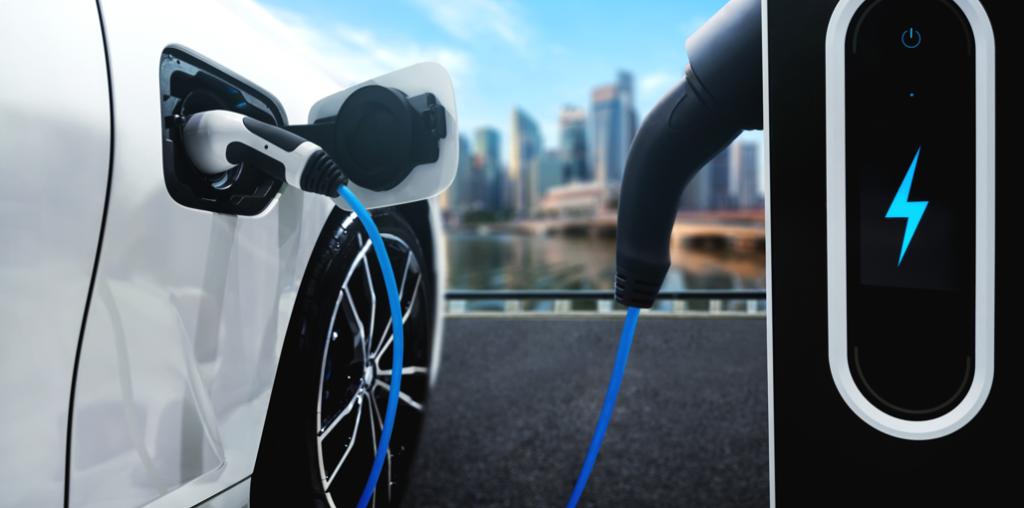As the recession continues unabated
in some areas in Europe, companies continue to look for ways to
reduce costs. With travel and transport becoming increasingly large
expenses as the cost of fuel rises, the fuel and fleet card market
is booming. John Hill
reports on the latest industry trends.
A fuel card is a payment card for petrol,
diesel and other fuels at filling stations. Account balances are
cleared in full when due, and payment terms vary depending on the
supplier and can be anything from weekly to monthly. One of the
main reasons fuel cards are popular is the elimination of the
requirement for cash at filling stations and the perceived increase
in security.
With some of the highest fuel prices in
Europe, the UK is an especially ripe market for fuel cards. Jakes
de Kock, marketing director for The Fuelcard Company, one of the
largest commercial fuel card resellers in the UK, explains a bit
about how the cards actually work.
“A fuel card works exactly like a normal
credit card, except the user can only spend it on fuel,” he told
CI.
“The first major benefit of a fuel card is an
administrative one – for example, a business may be paying for its
fuel using a combination of cards and cash or other payment
methods, so receipts can get lost and it can be difficult to keep
track of all these expenditures, not to mention the labour costs
involved. With a fuel card, all these payments are put on one card,
and we can then just send one invoice with all of the transactions
on, and it’s also a VAT [value-added tax] invoice so it’s easier to
reclaim the VAT.
How well do you really know your competitors?
Access the most comprehensive Company Profiles on the market, powered by GlobalData. Save hours of research. Gain competitive edge.

Thank you!
Your download email will arrive shortly
Not ready to buy yet? Download a free sample
We are confident about the unique quality of our Company Profiles. However, we want you to make the most beneficial decision for your business, so we offer a free sample that you can download by submitting the below form
By GlobalDatade Kock continued: “The second benefit is in
terms of fuel saving, and this is done using what we call a
fixed-price card. This works because we buy the fuel in bulk
ourselves and then sell it in smaller amounts to our customers.
“This is then distributed through one of the
networks, Texaco or Esso for example. For the customer this can
mean quite a significant saving. This year if you look at pump
prices, it is about £0.06 [$0.09] per litre, although this
obviously varies depending on what the well prices are.
“The good thing about this as a saving is that
the fixed price the customer is given once a week will be the price
they’ll pay at any of the fuel stations within their chosen
network, so even if they go to a motorway service station, which
are normally more expensive than the UK average, they will still be
paying the fixed price that we give them.”
Fuel card formats
There are two major types of fuel
cards, the fixed-price cards (also known as bunker cards) and fuel
pump cards. Pump cards do not usually have the benefit of reduced
prices that the fixed price cards have, but they do have access to
a much larger fuel station network, where cardholders will pay pump
prices.
The size of the network involved in fixed
price cards is obviously one of the largest factors in deciding
which type of card to choose. de Kock explains that network share
is not as big as might be expected.
“The fixed price cards have a smaller network
available. Out of the fuel station networks, the largest is about
20 percent of all the UK stations. Most of the networks are about
1,500 to 2,000 stations per card,” he told CI.
“The cards themselves are split up into the
different networks, of which there are about 12 in the UK. In
addition to that you also have European cards, so companies that
are based in the UK whose drivers travel in Europe can use their
card at certain stations throughout the continent.
“The difference between UK and European cards
is that quite often European cards also add things like toll road
payment functionality. Claiming back VAT on European transactions
is much more difficult, so a fuel card makes that easier.”
Blue-chip companies with large corporate
fleets and haulage firms are the most obvious targets for fuel card
issuers, although as companies of all sizes attempt to cut costs,
an increasingly broader spectrum of businesses are turning to the
fuel management tool.
As their customer base becomes more varied, it
is no surprise that these fuel card issuers are now starting to
branch out into further service areas to provide added value, such
as fleet insurance management and perhaps even organising breakdown
assistance.
“In general it is beneficial for anyone who
spends more that £300 a month on fuel to have a fuel card. Having
said that our core market is still the transport industry, because
of course their main expenditure is fuel, although the construction
industry is another large sector we service, as well as the
wholesale, retail and the public sectors to a lesser extent,” de
Kock said.
“At the moment customers are looking more and
more for added-value services. What we are doing is offering other
fleet services to our customers, creating what is essentially a
one-stop shop. We are partnering with companies like Navman and
Green Flag so we can offer their services and be able to tell
people that, through our partners, we are now able to manage their
breakdown service, their maintenance, their tyres, and so on.
“An advantage in already having 24,000
customers is that we can buy all these services in bulk, which
means as a customer you can get a discount, and of course while
they may be added-value services they are all fleet-related.”
Risk and reward in fuel
cards
The fuel card sector has by no means
been immune from the effects of the recent economic crisis and
businesses within the industry have had to consolidate to survive.
Despite this, the issues affecting the fuel card industry are
different to those of many others, and in some cases there is
almost too much demand for their services.
A tightening of credit rules has
meant that some businesses are being turned away by companies such
as The Fuelcard Company, as their ability to pay off their fuel
card periodically is put into question.
“As with a lot of sectors, the economic
downturn has affected our industry, and there have been positives
as well as negatives,” de Kock said. “In terms of the positives, we
have found that since businesses really started examining their
costs, we’ve actually had a lot more knocking on our door asking if
we can help them save money. This has meant that we have grown a
lot since last year in terms of new business.
“The negative side is that because we are
operating in such a high-risk area, we are at serious risk of
customer default. For example, some of our larger customers might
have 100 to 200 fuel cards and have a lot of these vehicles on the
road at once, and so over a period of just a few days they can
amass thousands and thousands of pounds on their card.
“The problem comes if suddenly they can’t pay
us and so we are left with a large debt. As there are more
businesses in financial trouble now than before the crisis, we have
to make sure that when we take on new customers that they are
credit worthy and financially stable.
de Kock added that companies such as his have
found it a lot more difficult to get credit insurance for some of
their customers, and fewer companies have been able to pass various
credit checks, which means that despite having more companies
asking for their services, they are also having to turn away many
more because of bad credit ratings. And the outlook for the time
being remains murky.
“This is something that will probably get a
bit worse before it gets better,” he told CI. “Quite a few of these
companies would have submitted their financial figures in January,
before the economy went downhill, and so when they actually release
their final figures it might be that the credit checking agencies
like Experian come back to us and tell us that we have to drop them
because they are in fact not creditworthy.”
In terms of consolidation, de Kock said that
there has been much activity in the fuel card industry due to
smaller companies struggling simply because of increased credit
risk.
“The one sector within the fleet industry that
has struggled more than others in last year is contract hire car
financing companies,” he told CI.
“We’ve actually had quite a few of them
approaching us asking how can they add revenue as well as reduce
costs. We have then said that if we can sell our fuel cards within
their customer base then they can earn a small commission. This has
been beneficial to both parties as on our side it means we can now
offer their service to our customers as part of our added
value.”
As a payment method, fuel cards have been
fairly slow to implement new technologies that are being rolled out
elsewhere in the cards and payments industry. For some fuel cards
there is still the necessity to sign for purchases, with chip and
PIN technology yet to be implemented. Despite which, de Kock says
they are looking to introduce online payments to their
business.
“The big developments in fuel cards are chip
and PIN technology and online authorisation,” he said. “Chip and
PIN is being rolled out at the moment across some of the networks,
including Arval and Shell, and should provide a more secure method
of purchasing fuel.
“For online authentication we are hovering at
around about 90 percent of our network that allows it and we are
looking to push that up to 95 percent. Once there is 100 percent
acceptance, that allows for other technologies, and one of the ones
we are looking at is prepaid, where you can top it up, although
otherwise it has the same benefits as normal fuel cards so it’s
only limited to fuel purchases.”








